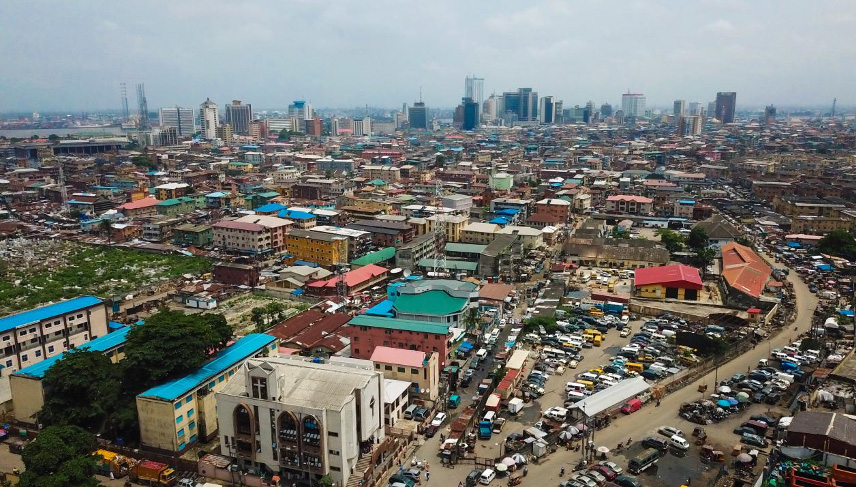

Project Overview
The Otto Community Regeneration Project Phase 1 is a 2.3 hectares carved out from the Otto Action Area as a pilot to address vulnerability of the community around blighted housing, flooding, inadequacy of water and sanitation, poor transportation network and lack of social infrastructure. It is an urban regeneration project recommended by the Lagos Mainland Central Model City Plan (LMCMCP) 2013 – 2025 to deliver on new investments in housing, transportation, healthcare, green space, drainage, water and sanitation among other social and economic infrastructure. Otto is located in the Mainland Central part of Lagos State, Nigeria and straddle within major transport corridors including rail and Bus Rapid Transit. It has high proximity to the Nigerian National Theatre which had attracted more than USD40 million regeneration investment from multiple investments stakeholders.
Sectors
- Affordable Housing
- Informal Settlements Upgrading
US$21,500,00
Funding Goal
Nigeria
Country
Africa
Region
Objectives
The objectives of the Otto Community Regeneration Project Phase 1 are:
- To reduce the vulnerability risk and improve the livability conditions of the residents of Otto Community through the provision of new housing and other social and economic infrastructure.
- To mobilize multiple stakeholders in a joint investment to regenerate a slum community which can be replicated in other parts of Lagos and elsewhere in Nigeria.
- To reduce the number of slum and informal settlements in the city of Lagos in accordance with relevant development plans governing the physical and economic development in Lagos State.
- To demonstrate and strengthen the capacity of the Lagos State Government to implement its long term plan of reducing the footprint of slum in Lagos through collaboration with local and international partners.
Progress Tracker
Phases
-
Phase 1
Stakeholders’ Engagement And Project’s Approval Phase
Expected Start Date: 2021/05/01
Expected End Date: 2022/06/30
Brief Description: Community engagement (resettlement and compensations), partners’ meetings, advanced proposals, Memorandum of Understanding, funding mobilization and development approvals. The Otto Community Regeneration Project Phase 1 is being proposed to transform Otto Community from the blighted condition to sustainable and urban resilient community that can meets the need of the residents and visitors. The projects to be implemented in the regeneration ranges from housing, transportation, healthcare, green space, drainage and water among others will be guided by the provisions of the Otto Action Area Plan in the Lagos Mainland Central Model City Plan (LMCMCP) 2012 – 2032. -
Phase 2
Preparation Of Site
Expected Start Date: 2022/05/01
Expected End Date: 2022/07/30
Brief Description: Clearing of site of all encumbrances -
Phase 3
Development Of Common Infrastructure
Expected Start Date: 2022/11/01
Expected End Date: 2023/05/31
Brief Description: Construction of fence, delivery of road alignments, construction of drainage channels and green areas. -
Phase 4
Development Of Buildings
Expected Start Date: 2023/10/01
Expected End Date: 2025/09/30
Brief Description: Development of buildings including housing units, commercial developments and other ancillary buildings. -
Phase 5
Completion And Commissioning
Expected Start Date: 2025/10/01
Expected End Date: 2025/12/31
Brief Description: Completion of all works, test of equipment and facilities and commissioning.
Current Stage
Phase 1
Timeline
| Phase | Completion Dates |
|---|---|
| Phase 1 | Jun-22 |
| Phase 2 | Jul-22 |
| Phase 3 | May-23 |
| Phase 4 | Sep-25 |
| Phase 5 | Dec-25 |
Project Milestones
Initial stakeholder engagement conducted
ESG Impact
- Shelter is one of the 3 basic necessities of life, with the execution of this project the issue of shelter (housing) would have been addressed to a reasonable extent.
- The attraction of investment opportunities to the area is aimed at addressing the vulnerability indices of the communities including accessibility, housing, flooding, and general infrastructure decay. The selection and intervention in the areas are expected to improve wellbeing and liveability of the most vulnerable, create sustainable environmental conditions, reduce poverty, and increase economic prosperity of the communities.
- The construction of the primary drainage system is expected to increase the environmental benefits while the redevelopment of the project area will create new economic and employment opportunities. The new multi-stakeholders development and management framework for the project will improve substantially the governance structure for regenerated communities in the city of Lagos and sets a replicable template for other communities and cities in Nigeria.
Beneficiaries
There are different categories of beneficiaries of Otto Community Regeneration Project Phase 1 among which are:
- 92 existing low income house owners whose properties will be demolished and replaced with new housing stock.
- The Oloto Family (traditional land owners) who will see their ancestral land transformed into an upscale sustainable community.
- A new set of households of about 112 and new population of about 672 from different medium and high income communities in Lagos who are seeking accommodation in a central part of Lagos close to the transportation hub.
- Numerous members of the construction community who will secure job opportunities in the new project.
- The existing tenants who will benefit from the relocation benefits that the project will offer.
- The Lagos State Government that will benefits from the land capture and increased in the catchment of properties to be taxed.
SDG Goals
Rationale
The project will contribute to meeting the targets of SDG 11 (Sustainable Cities and Communities) and 13 (Climate Action). The Otto Community Regeneration Project Phase 1 will transform the community from the slum status with high risk of liveability condition to a sustainable community that provides social and economic opportunities for the residents, increase productivity and efficiency and increase ensure clean environment. The project will increase the stock of adequate housing in the city of Lagos contributing to the goal of reducing the number of people living in slums and informal settlements while ensuring reduction in the poverty index of Lagos.
On the climate action, the community is one of many slums in Lagos that are highly vulnerable to climate change impact of regular flooding due to pluvial and fluvial water. Hence, the transformation of the community through the delivery of climate resilient infrastructure especially a new drainage infrastructure will go a long way in meeting the targets of SDG 13. In addition, the new transportation system within the regeneration community is envisaged to reduce carbon footprint as the new development will promote non-motorized transport system and car sharing services. The green area that will emerge from the new development will contribute significantly towards achieving low carbon footprint in the community.
Tracks
Risks and Limitations
What are the key risks, constraints and dependencies related to the project?
Risk 1: Delay in obtaining land title and construction approval. Land title and construction permit could be delayed for months affecting the project implementation as scheduled.
Risk 2: State Government funding for infrastructure may be delayed. The funding expected from the Lagos State Government to fund common infrastructure delivery in the Phase 3 of the project may not be available and can possibly delay the progress into the other phases of the project
Risk mitigation and continuity
- The involvement of the Lagos State Government through the Lagos State Urban Renewal Agency (LASURA) as the driver of the project will reduce the timeframe required to obtain the land title and construction permits.
- At the early stage of the project budget development cycle, LASURA can make budgetary provisions for its counterpart contributions to the project to avoid delay.
- In the effect of change in government, LASURA as an implementing agency of the government will provide institutional memory on the project and brief the new government on the extent of implementation.
- LASURA is expected to facilitate a letter of partnership to the investors upon which the investors will use to bring other resources into the project. Finally, depending on the stage of the project, a project implementation contract can be executed among LASURA, investors, community and any other major stakeholder to prevent undue interference.
Financing
Funding Goal
US$21,500,000
Type of Investment
Equity
Financing Structure
Public Private Partnership
Secured Investment
$100,000
Committed Government Funding
$1,000,000
National and Subnational Investors
N/A
Committed Private Funding
N/A
Support
Technical Support Required
Technical and financial support required
Stakeholders
Governmental Buy-in
Lagos State Ministry of Physical Planning And Urban Development.
The Lagos State Urban Renewal Agency (LASURA)
Other Forms of Governmental Support
The government has committed to providing funding of $1,000,000. Government is willing to provide necessary political and administrative supports to the investors around community engagements, land accessibility, title acquisition and permits procurement.
National Ministries Involved
Lagos State Ministry of Physical Planning And Urban Development.
SubNational Ministries Involved
The Lagos State Urban Renewal Agency (LASURA)
Other Entities Involved
N/A
Licenses and Permits
Land Title and Construction Permit Status: Need to ApplyUpdates
Supporting Documents
No supporting documents included.
